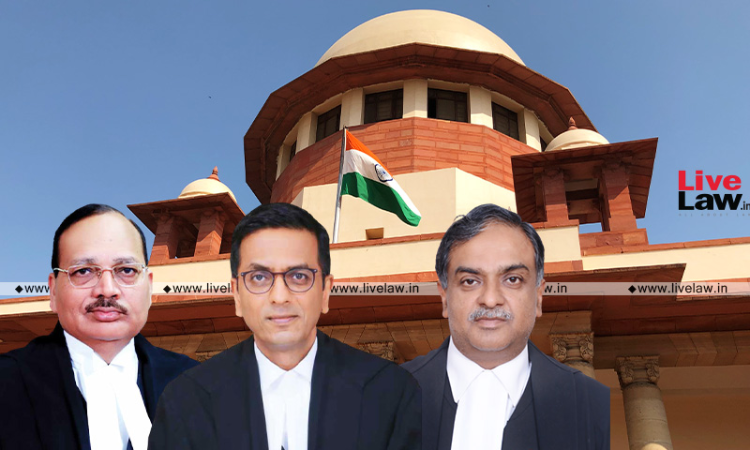'Should Be Like Telling A Story To Us' : Supreme Court Guides Young Lawyer How To Argue Criminal Appeal; Grants Acquittal
Mehal Jain
1 Feb 2022 4:29 PM IST

"Always remember the facts like a fiction-writer. It should be like you are telling a story to us, the narrative should be also like that", Court advised the young lawyer.
Next Story


